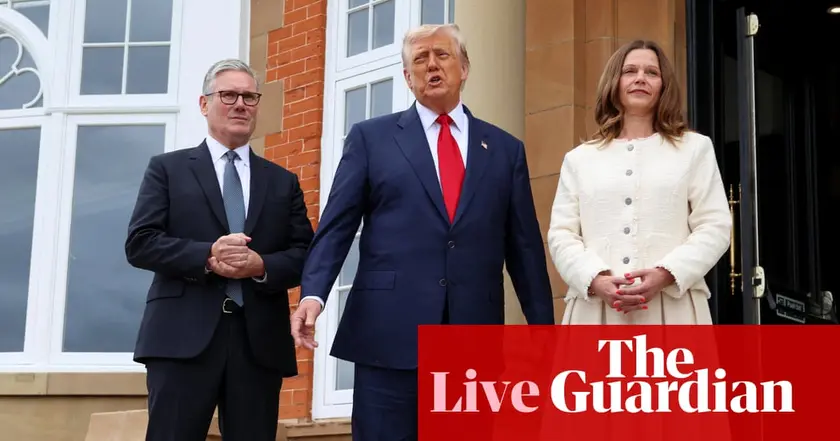T4K3.news
Farage adviser argues UK would be better off not fighting Nazi Germany
Jack Anderton argues Britain should have stayed neutral in WWII and questions support for Ukraine.

Exclusive report on Anderton arguing Britain would be better off staying neutral in World War II and questioning Ukraine support.
Farage adviser argues the UK would be better off not fighting Nazi Germany
An adviser linked to Nigel Farage and Reform UK, Jack Anderton, has published posts on his personal blog that argue Britain would have been better off staying neutral in World War II and that UK support for Ukraine should be reconsidered. The posts also push a future idea of a meritocracy in which Britain could reclaim former colonies such as Australia and Canada, and they call for a shake up of the Foreign Office to focus solely on national advantage. Anderton’s connections to Farage and Hull and East Yorkshire mayor Luke Campbell are noted, yet Campbell’s team says Anderton was not employed by the party or the mayor.
In 2024 and 2025 posts, Anderton endorses Nayib Bukele’s mass detention approach in El Salvador as a crime policy model and argues that extraordinary measures are warranted in extraordinary times. He also asserts that Britain has spent trillions in foreign lands under the banners of democracy and human rights, and he questions whether Russia is the UK’s true enemy. The article notes Campbell’s office distancing itself from Anderton and Reform UK reiterating that Anderton was not on its payroll.
Key Takeaways
"Power works, and it is all that matters."
Bukele style governance referenced in the piece.
"Russia is not our enemy, they have not attacked Britain."
Anderton's stance on Ukraine funding.
"Extraordinary times require extraordinary measures."
Comment on crime policy and Bukele approach.
"We are sending billions of pounds that we cannot afford to prop up a country that we have no allegiance to."
Ukraine funding critique.
This case shows how online personalities can pull political conversations into local campaigns. It raises questions about the line between online influence and official policy, and about how far a party should engage with advisers who advocate controversial ideas. The comments touch sensitive topics such as historical allegiance, imperial ties, and a country’s current military support, which could provoke backlash from voters, allies, and human rights advocates. The episode tests Reform UK’s boundaries between populist messaging and policy responsibility, especially as it relates to foreign policy and human rights concerns.
Highlights
- Power works and it is all that matters.
- Russia is not our enemy they have not attacked Britain.
- Extraordinary times require extraordinary measures.
- We are sending billions of pounds that we cannot afford to prop up a country that we have no allegiance to.
Political backlash and reputational risk for Reform UK
The adviser’s posts challenge mainstream views on Britain’s wartime past and current foreign policy, risking backlash and scrutiny for Reform UK and its allies.
The episode underscores how digital influence now sits next to conventional campaigning.
Enjoyed this? Let your friends know!
Related News

Adviser questions wartime alliances

Reynolds defends Palestinian state recognition

Trump discusses impact on global conflicts during Starmer meeting

Survivor speaks out on trafficking and neurodiversity

Thames Water contingency plans approved

Wales man shares struggles with Lyme disease

Reeves defence of non-doms backed by data

Britain lowers the voting age to 16
